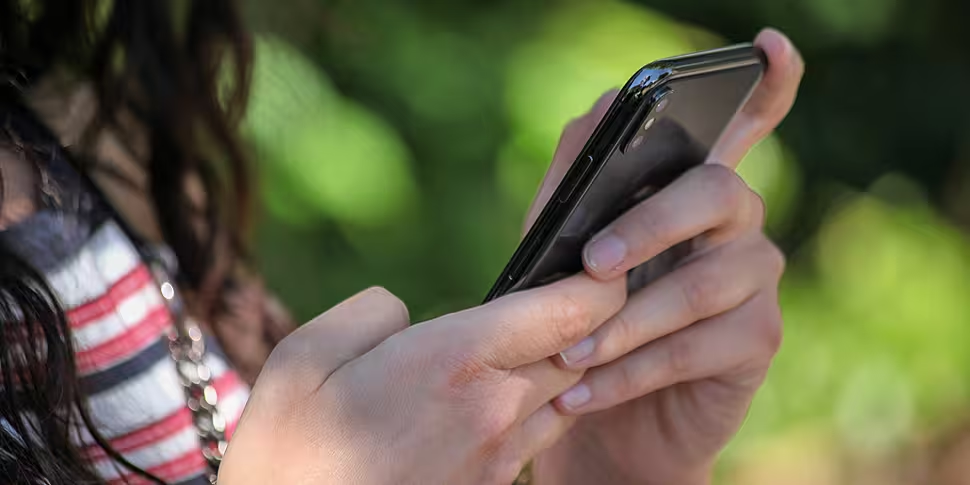While demand for mental health services has increased during the pandemic, the effectiveness of virtual services on offer is not known.
That is according to Ella Arensman, professor of public mental health at University College Cork's School of Public Health.
She told Newstalk Breakfast demand for services increased early in the pandemic.
"Last year, already early on in COVID-19, we conducted three large population-based surveys of each time nearly 1,000 participants.
"Each time we did detect an increase, particularly in depressive symptoms [and] anxiety symptoms - but also increased levels of alcohol misuse and alcohol abuse.
"These findings are not unique for Ireland - if we compare this to findings in the UK, France Germany or Spain, these findings are relatively similar."
On access to services, she said while mental health services were made available online or through the phone, it is not known if they work as well.
"We still don't know a lot about the effectiveness of these alternative ways of mental health services - particularly for people with severe mental health conditions."
Host Shane Coleman asked if commentary around suicide rates was dangerous.
Prof Arensman said: "This wouldn't increase risk of suicide or self-harm amongst people in general.
"But especially people with severe depression, severe anxiety disorders - if they perceive headlines such as 'A Tsunami of Suicides' or 'An Epidemic of Suicide or Self-Harm', these people usually wouldn't question whether it's correct or not.
"They perceive it as yet another negative development on top of the epidemic or the pandemic.
"And especially for these people, it could further influence their negative perceptions on the current situations - but also on their own quality of life".
Anyone affected by issues raised in this article can contact The Samaritans on 116-123 or e-mail jo@samaritans.ie, or Pieta House on 1800-247-247 or Text HELP to 51444









